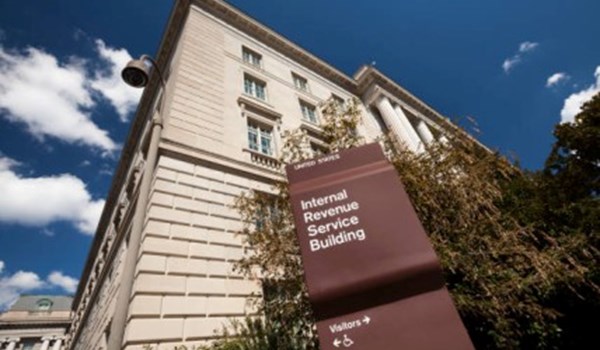India’s stiff 30% crypto tax has been one of the biggest hurdles for traders and exchanges, driving volumes overseas and forcing many firms to relocate.
However, with global peers moving toward progressive regulation, New Delhi may finally be softening its stance.
According to local reports, the Central Board of Direct Taxes (CBDT), India’s top tax body, has started consultations with crypto companies and stakeholders to explore a more workable tax policy.
CBDT Seeks Industry Feedback
CBDT has sent a detailed questionnaire to Indian crypto exchanges and service providers, asking for feedback on how existing rules have shaped the market.
Among the key questions:
Should India draft a new, comprehensive crypto law?
Is the 1% TDS on every trade excessive?
Has the flat 30% tax killed liquidity in the market?
Are offshore exchanges enjoying unfair advantages over local players?
The CBDT is also gathering data on how much trading volume has shifted overseas since 2022, when the tax was first imposed, and what the biggest challenges are in complying with TDS requirements.
This consultation signals a potential shift away from punitive taxation toward clearer, more sustainable regulation—something the Indian crypto industry has been hoping for.
Is It Too Little, Too Late?
While the outreach is a positive sign, critics argue India’s crypto industry may already be lagging behind.
Most major Asian economies are advancing with supportive legislation—Hong Kong and Japan have stablecoin frameworks in place, while South Korea and Thailand are working on their own.
By contrast, India is still debating whether its current tax regime is stifling innovation. Since 2022, the country has collected significant revenues from crypto traders, but at the cost of liquidity and innovation moving abroad.
Even neighboring Pakistan, once skeptical of crypto, has legalized Bitcoin mining and is exploring a national BTC reserve. With global adoption accelerating, the pressure is mounting on India to adapt before it loses out further.



